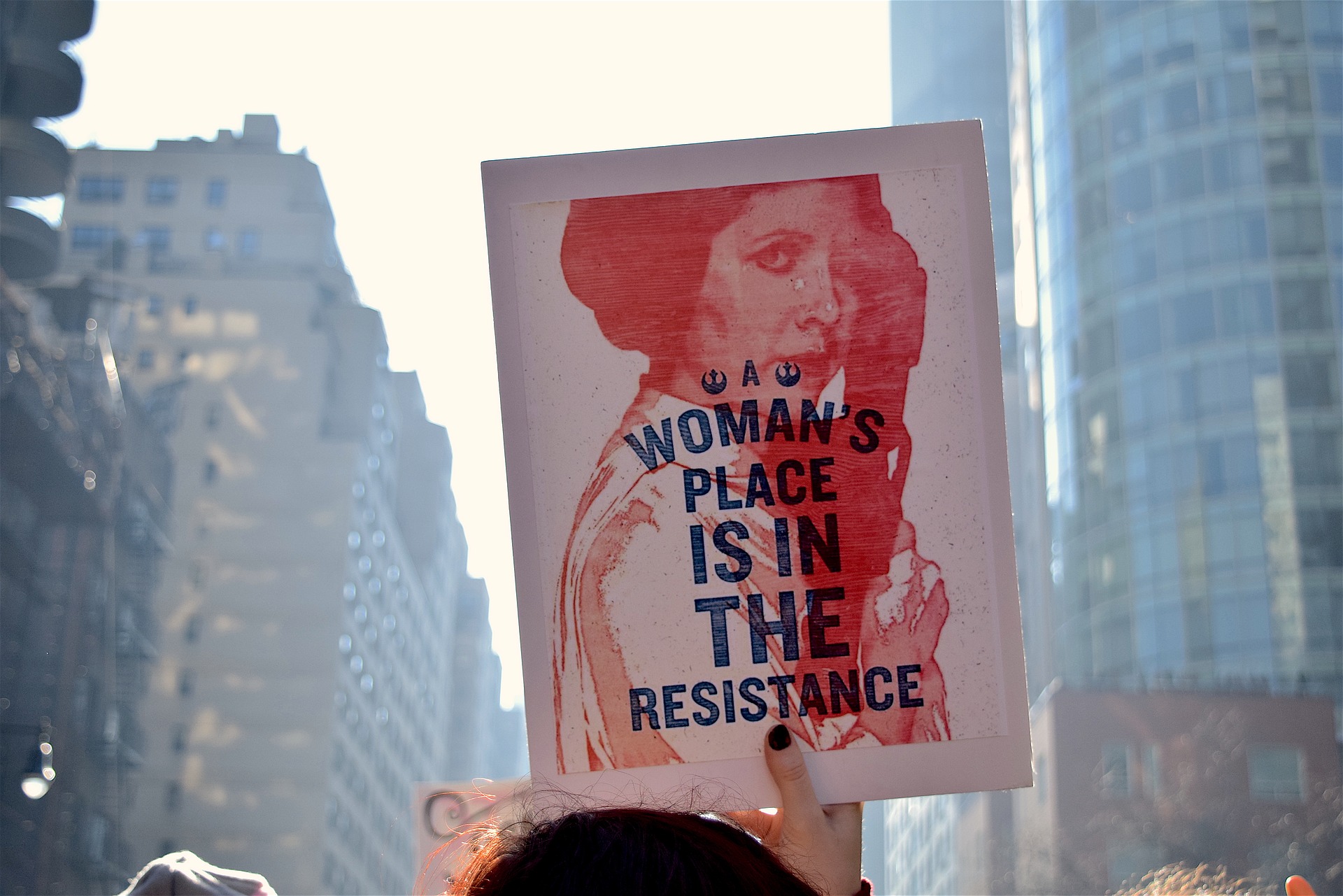It’s been one hundred and eleven days since the election.
Thirty-eight since the inauguration.
It’s important to note because three plus months of active resistance is exhausting.
I’ve marched. Made phone calls. Written emails. Huddled. Visited my senator and knocked on doors. I’m tired and tempted to give up.
A week ago a family member told me not to worry, it will all be over in eight year.
That’s a scary thought.
Please understand, this is not my thing. It never has been. In fact, keeping up with all the political rhetoric makes my head hurt. I’d prefer to be writing about writing. But I don’t have a choice. I don’t have the luxury of being silent if I want to see things change.
The question becomes how do we sustain the determination needed to keep up the resistance. After all, we can’t walk around grumpy and angry all the time. We still have live a life of purpose and joy. We still want to have fun.
I’ve tried to bring joy back by limiting my interaction with the news and social media. I’d scroll rapidly through Facebook looking for babies and puppies. I’d avoid the news as much as humanly possible. And I was almost lulled into complacency. The repeal of ACA, Muslim ban, loss of women’s reproductive rights, environmental policy, gun control, and general infringements on civil liberties have little to do with my day as I run Minerva Rising, write and spend time with my husband and family. Truth is it would be easy to shrug and say it won’t change my life one way or the other. But the fact is that isn’t true. Martin Luther King said it best when he said:
Injustice anywhere is a threat to justice everywhere. We are caught in an inescapable network of mutuality, tied in a single garment of destiny. Whatever affects one directly, affects all indirectly.
Bearing that in mind, it seems contradictory that my first inclination was to say no when my husband asked if I wanted to spend Saturday afternoon canvassing for Jon Ossoff, a Democratic candidate for Georgia’s 6th District seat left vacant when Tom Price was confirmed as Secretary of Health and Human Services. But frankly, there’s a part of me that wonders if any of it makes a difference. Also, I didn’t want to spend another weekend fighting for the resistance.
Two weeks ago, I felt the same way when I was in Washington D.C. I had agreed to go with thirty other Georgia writers to meet with Senators Issackson and Perdue’s aides, but I almost convinced myself it wouldn’t matter if I didn’t go. At the time, the AWP conference and book fair seemed to be more important. Not to mention the fact, I was tired and didn’t want to expand the energy necessary make a trip to the Capital. But something made me go, and I’m glad I did. If I hadn’t gone, I would have missed the opportunity to see the apathy the Senators have for their constituency. It was both shocking and disheartening to watch the various writers share their concerns about religious intolerance, the repeal of ACA and the Muslim ban, as the aides looked on with disdain and disinterest. I left the Capital certain we’d did little to change their minds, but more determined to stay vigilant.
So, even though I wanted to do other things this past Saturday, I spent the afternoon knocking on doors. Which, by the way, is a scary prospect for an African-American woman in an Atlanta suburban neighborhood peppered with pickup trucks and camouflage.
As we walked door to door, it occurred to me resistance requires balance. It’s about navigating vigilance with a healthy dose of self-care. In the words:
know when to hold ‘em, know when to fold ‘em. Know when to walk away and know when to run. — Kenny Rogers
We can sustain our resistance by remembering these five things:
- Read enough news to stay current and knowledgeable. Don’t get sucked into every Facebook post or twit. It’s too easy to feel overwhelmed, by all the opinions. A lot of those posts are designed more to add fuel to the fire than to instigate change.
- Don’t get comfortable. We can’t just shrug our shoulders and look away. We must get involved, even if it means doing things which frighten us. Saturday, I felt anxious every time we rang a doorbell. I feared someone would meet us with a shot-gun. Maybe a bit melodramatic, but I knocked anyway. Fortunately, people were pleasant – even the few who weren’t interested in talking to us.
- Talk about real issues and real people. Avoid spouting off bi-partisan rhetoric. When people can put a face to an issue, it becomes more than just an idea.
- Know the facts. Read actual research and check sources. Not only does that inform our opinion, it allows us to look beyond the simple solutions.
- Resist the urge to give up.Do what you can, but know when to take a break.
Until next time. . .


